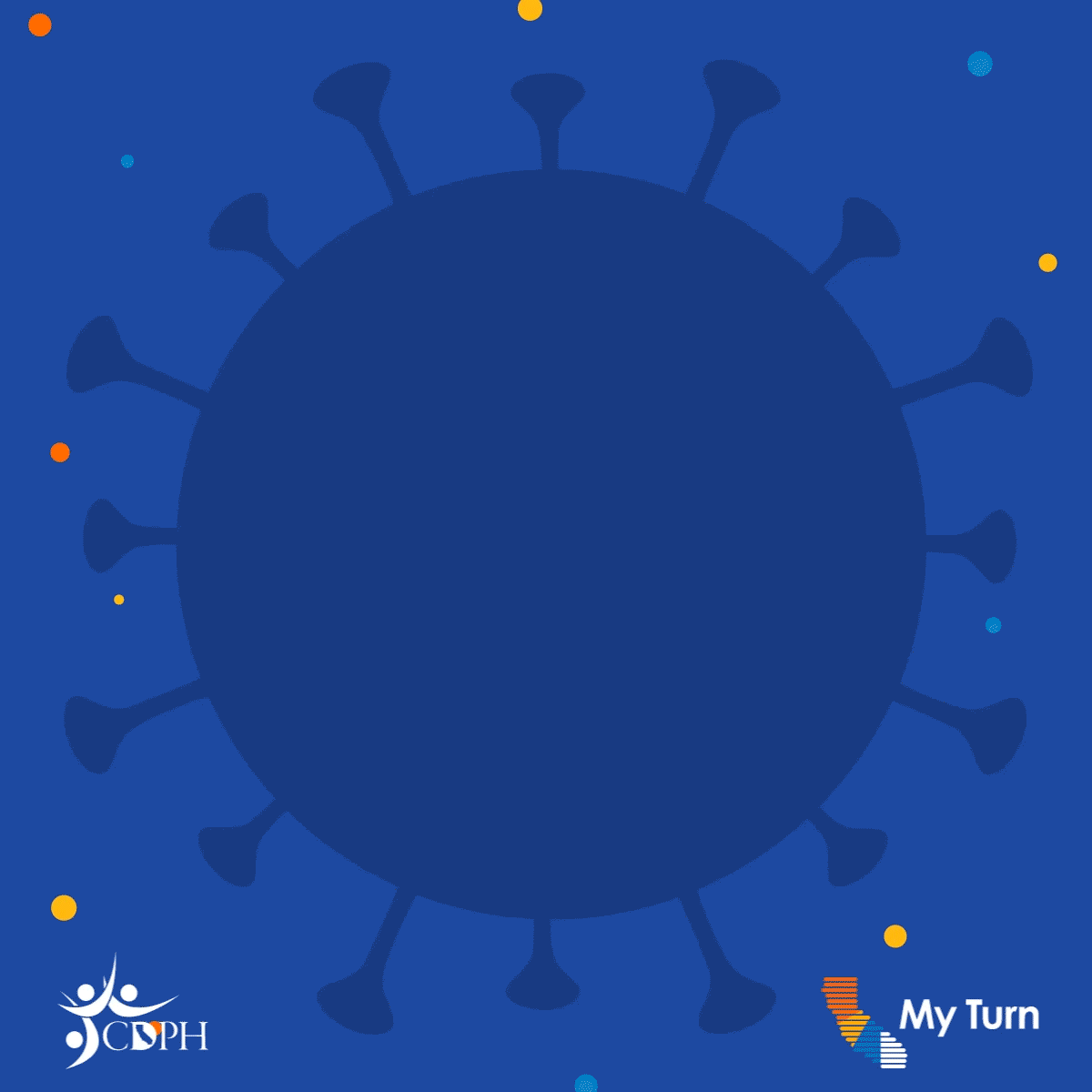Cold and flu season is upon us, and state health officials report that influenza, also known as the flu, and RSV, a common respiratory illness, activity levels are expected to be high and prolonged this winter after COVID-19 safety measures kept infections low the past few years.
It’s important for families to keep their children home from school if they are feeling sick, and employees should also stay home if they are sick. The flu and COVID-19 spread from person to person, especially indoors and in crowded places.
WHAT SYMPTOMS TO LOOK FOR
Symptoms for both viruses include fever, headache, muscle and joint pain, sore throat, and coughing.
RSV is a respiratory virus that has been detected in previous cold and flu seasons. Symptoms of RSV include cough, runny nose, and fever. Treatment consists of managing symptoms and, in severe cases, hospitalization.
TIPS TO AVOID GETTING SICK
To help prevent the spread of respiratory viruses, including COVID, everyone can follow these essential tips:
- Wash your hands often with soap and water for at least 20 seconds. If soap and water are not available, use an alcohol-based hand sanitizer.
- Avoid touching your eyes, nose, and mouth with unwashed hands.
- Avoid close contact with people who are sick.
- Stay home when you are sick.
- Cover your cough or sneeze with a tissue, then throw the tissue in the trash.
- Consider wearing a face covering while indoors or in crowded places.
- Clean and disinfect frequently touched objects and surfaces.
- Individuals with chronic health issues and/or individuals experiencing severe symptoms should be evaluated by a medical professional.
- Get vaccinated every year.
The California Department of Public Health has a video to help stay healthy this winter
The Centers for Disease Control and Prevention (CDC) recommends that everyone 6 months and older get vaccinated against both viruses every year.
Vaccination is especially important for people at higher risk of developing complications from the flu and COVID-19. They include:
- People with chronic medical conditions like asthma, diabetes, and lung disease, even if symptoms are under control
- Pregnant women
- People aged 65 years and older
- People who live with or care for others who are at higher risk
It takes about two weeks after vaccination for immunity to develop.
